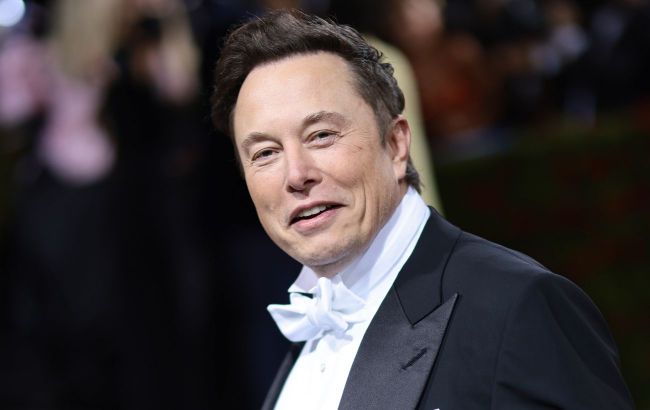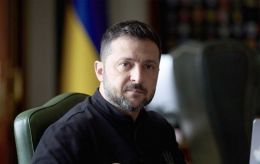First AI-created game gets release date — Elon Musk reveals when
 The first AI-generated game will be released next year (photo: Getty Images)
The first AI-generated game will be released next year (photo: Getty Images)
Elon Musk's company xAI has started hiring new team members to train its chatbot Grok in video game design and development from scratch. And these aren't just random test roles. Musk announced that the first fully AI-generated game is set to launch by the end of next year, according to Gizbot.
Video game tutors are teaching AI
xAI's plan is simple: the company is looking for "video game tutors," professionals who will help Grok learn how to create engaging games. These employees will analyze the AI's work, provide feedback, label data, and explain why certain game design choices work while others don't.
The tutors' work goes far beyond technical corrections, as they teach AI storytelling rhythm, the balance between challenge and reward, and the fine details that make a game feel alive.
The xAI job listings mention pay ranging from $45 to $100 per hour, depending on experience, with remote work possible for those with reliable equipment. Musk isn't experimenting for fun. His goal is for Grok to move from interacting with people to creating products for them.
Musk announces the first AI-generated game
Musk recently posted on X that xAI's game studio will release "a great AI-generated game" by the end of next year. He also noted the potential for Grok to dynamically generate games in the future.
To achieve this, AI will need to understand storytelling, gameplay, pacing, difficulty, and visuals—essentially, the entire creative process—and be able to do it repeatedly.
The XAI game studio will release a great AI-generated game before the end of next year https://t.co/F14rJXNzk9
— Elon Musk (@elonmusk) October 6, 2025
AI is already used in the gaming industry
What xAI is doing isn't entirely new. Google DeepMind, Microsoft, and Ubisoft have already been experimenting with AI-based game creation.
DeepMind introduced its Genie 3 model, which generates game environments from short text prompts. For example, a request like "a foggy forest at dawn" turns into an interactive scene.
Using Muse AI, Microsoft managed to recreate a simple playable version of Quake II entirely through generative models.
Ubisoft uses AI to speed up the creation of dialogues and levels, specifically in open-world RPGs, while emphasizing that AI supports developers rather than replacing them.
According to a Reuters study, nearly 90% of developers already use AI in their workflows for design, environment generation, and testing. This marks a major shift in an industry that has traditionally been entirely human-driven.
Google's Genie 3 is capable of generating full 3D worlds.
— Matthew Berman (@MatthewBerman) August 5, 2025
But not only that, they are FULLY INTERACTIVE.
Here are the most incredible demos they shared: pic.twitter.com/L8S1zwvQ5c
Developers' concerns
Not everyone welcomes AI with enthusiasm. Game Developer magazine noted that many designers fear that excessive reliance on AI will make games formulaic and soulless. Even technically functional games may feel empty if they lack a human "spark."
Why creating an AI-based game is difficult
It may seem that an AI capable of writing texts or coding apps could easily handle game development. But games combine art, psychology, and engineering.
A game has to "feel" right. Its pacing, tension, and balance depend on the player's reactions. A well-designed level teaches you how to play without words, and that kind of intuition is hard to teach a machine.
That's why xAI's approach with human tutors makes sense. Instead of throwing Grok into complex tasks right away, it's being trained by people who understand game mechanics and player emotions.
Earlier, we revealed how AI would change the gaming industry in the coming years.

